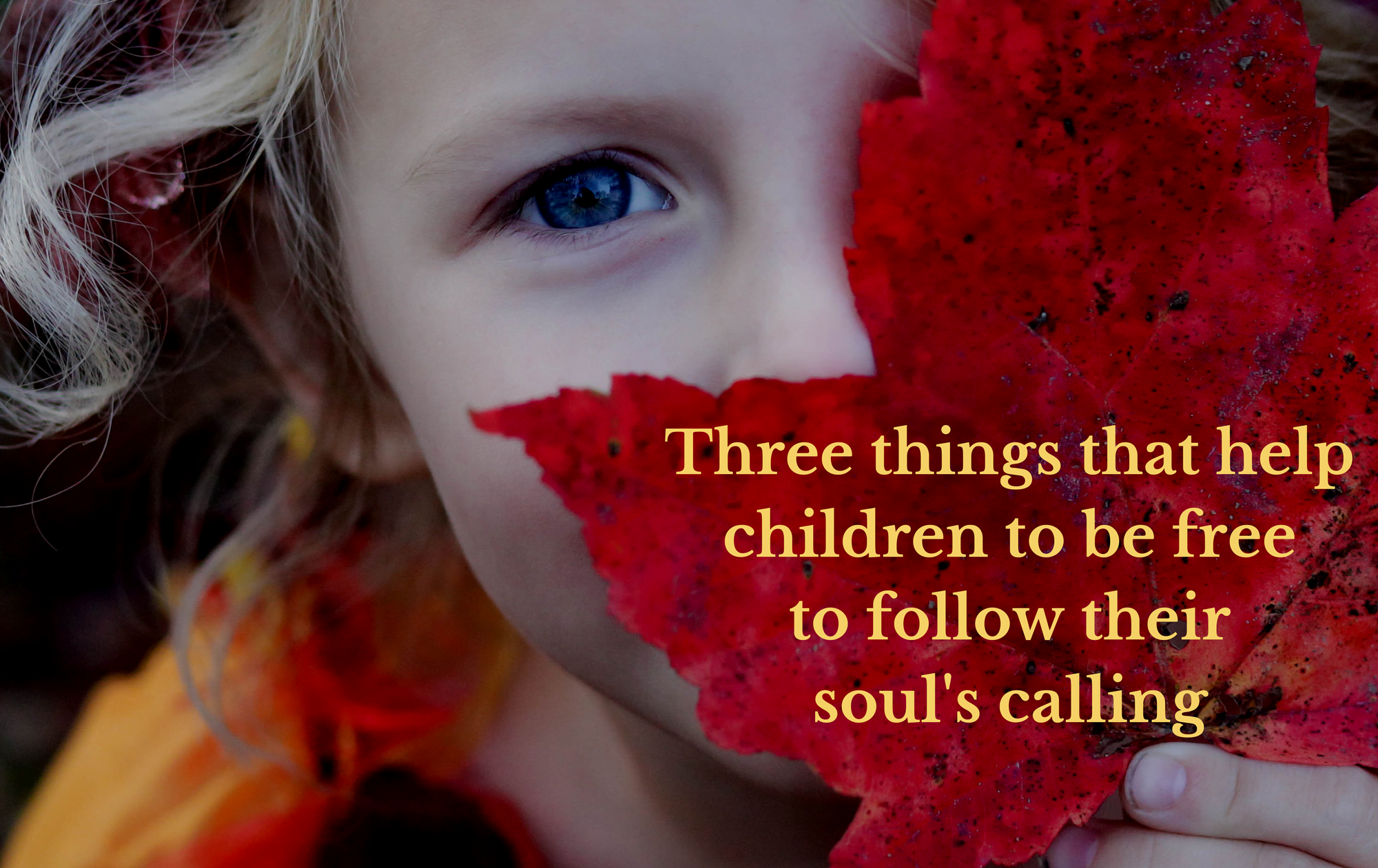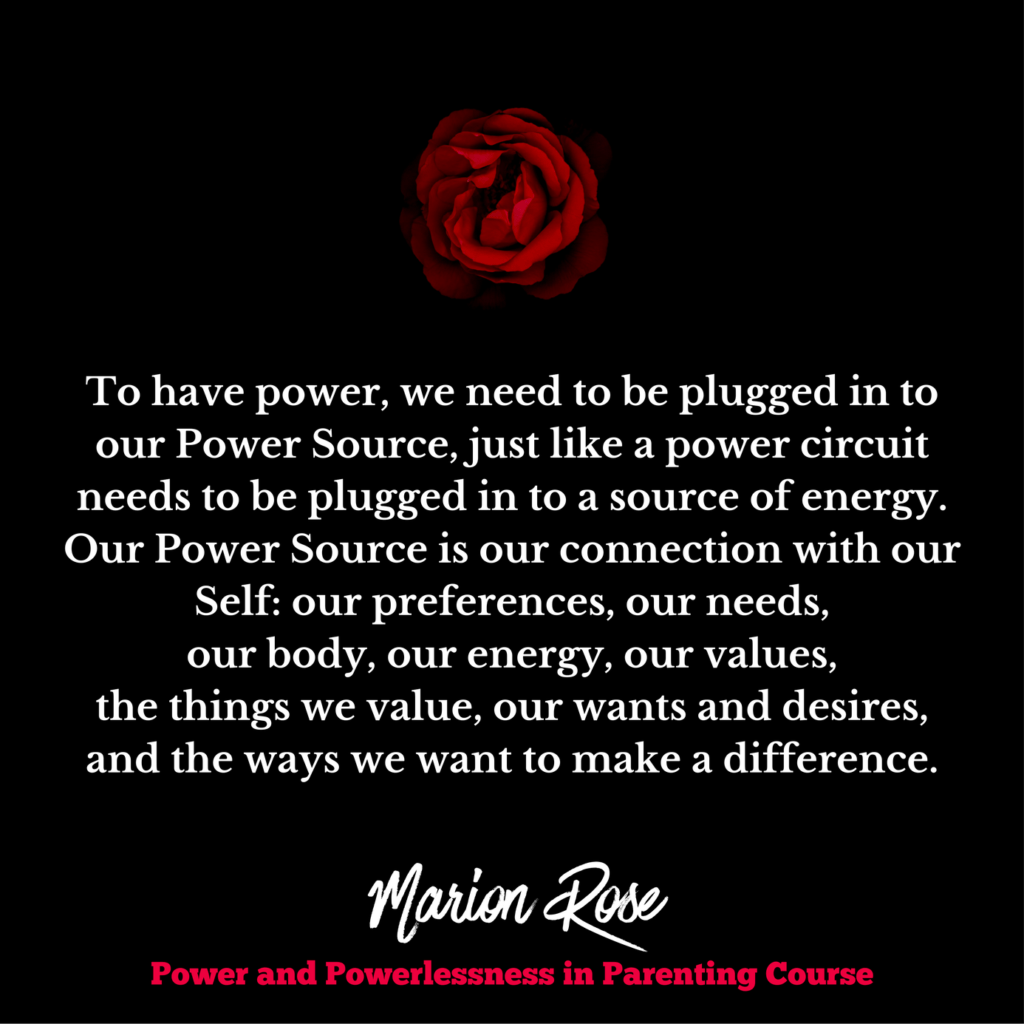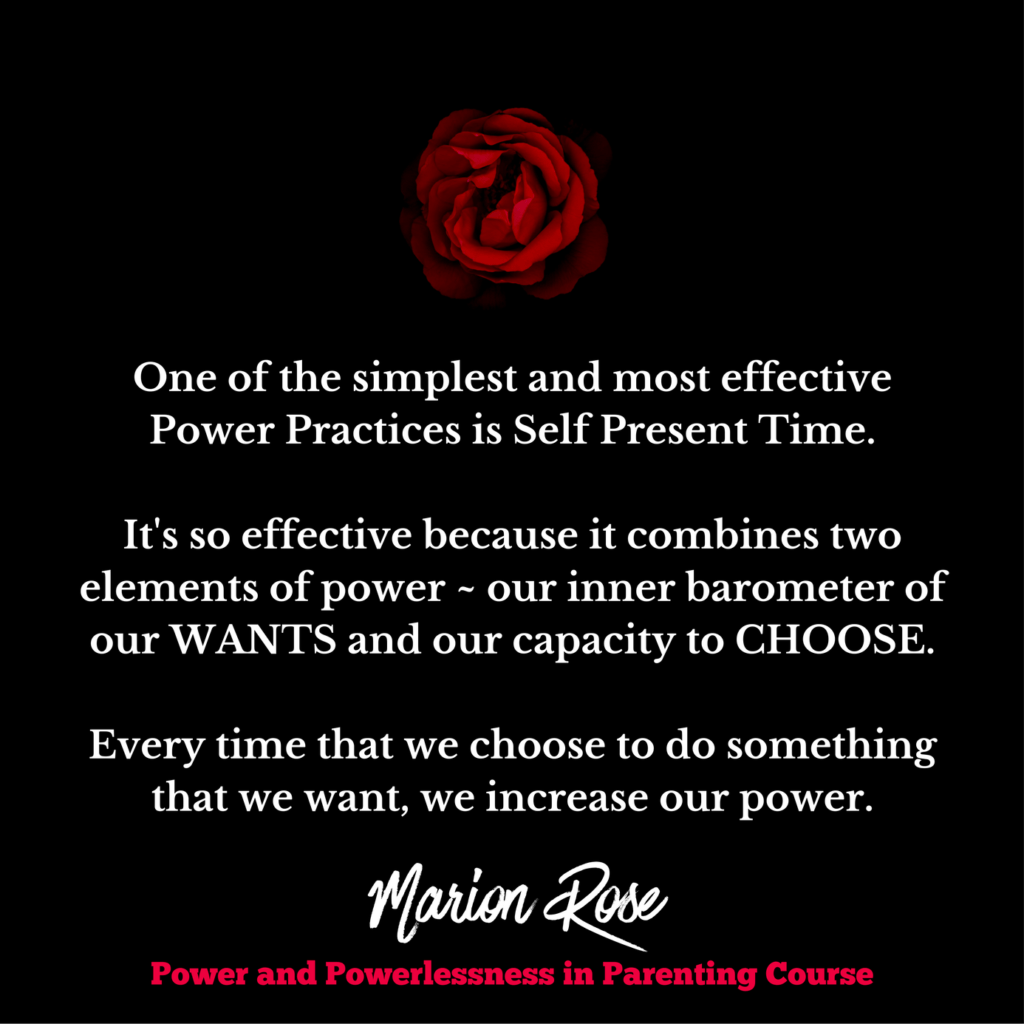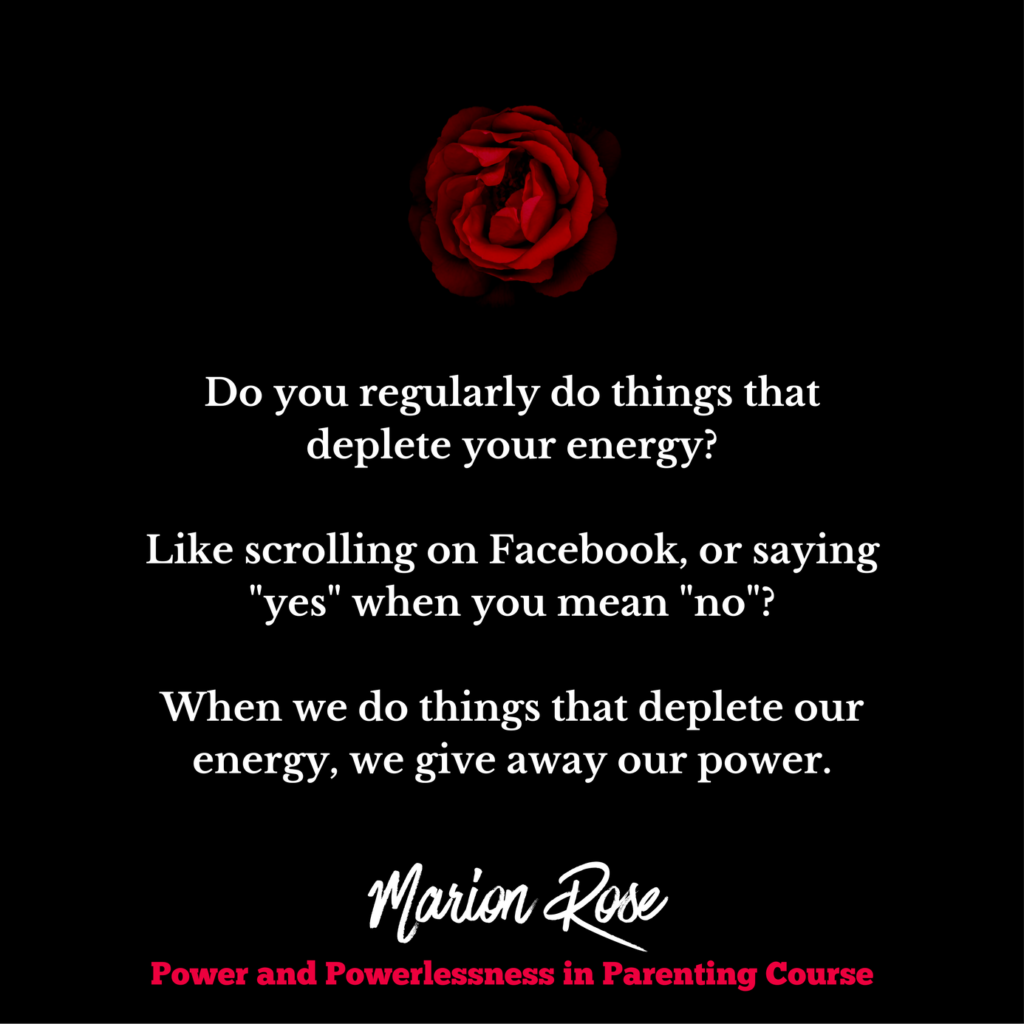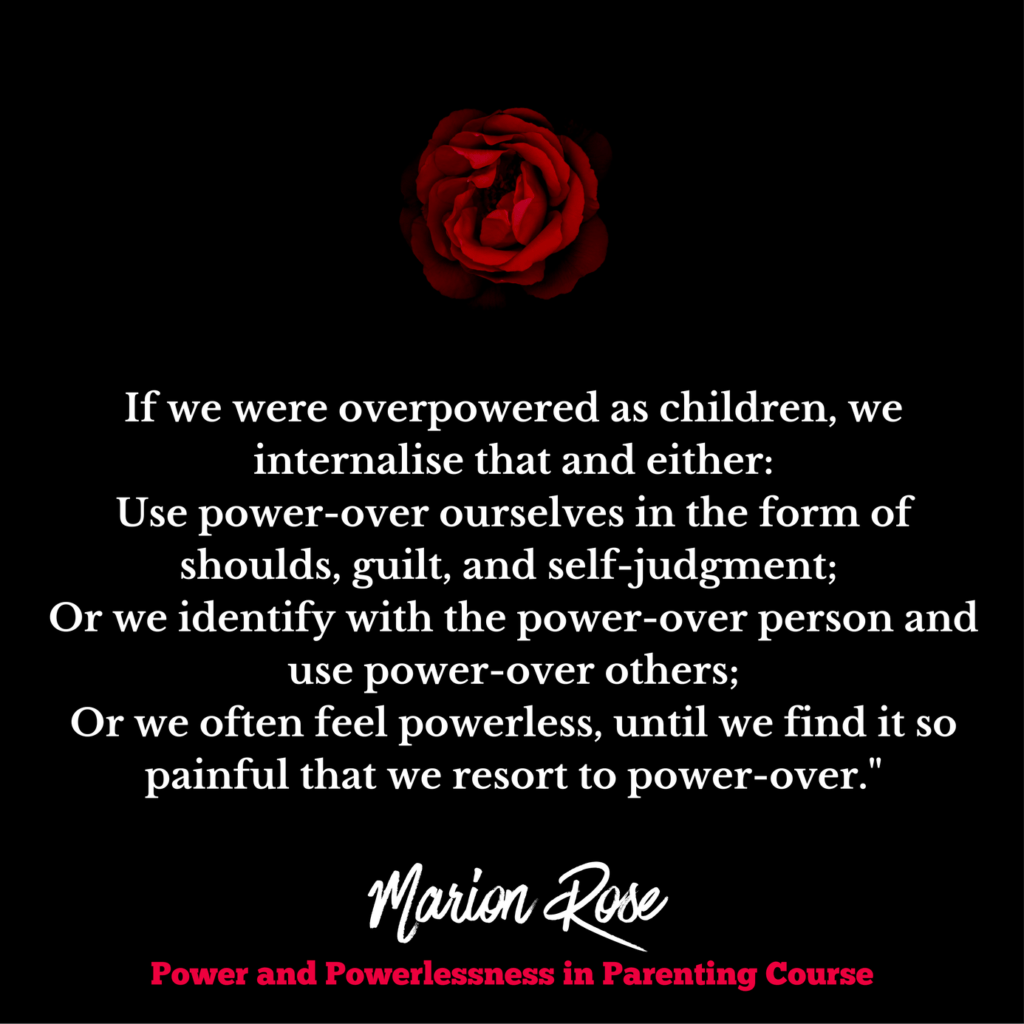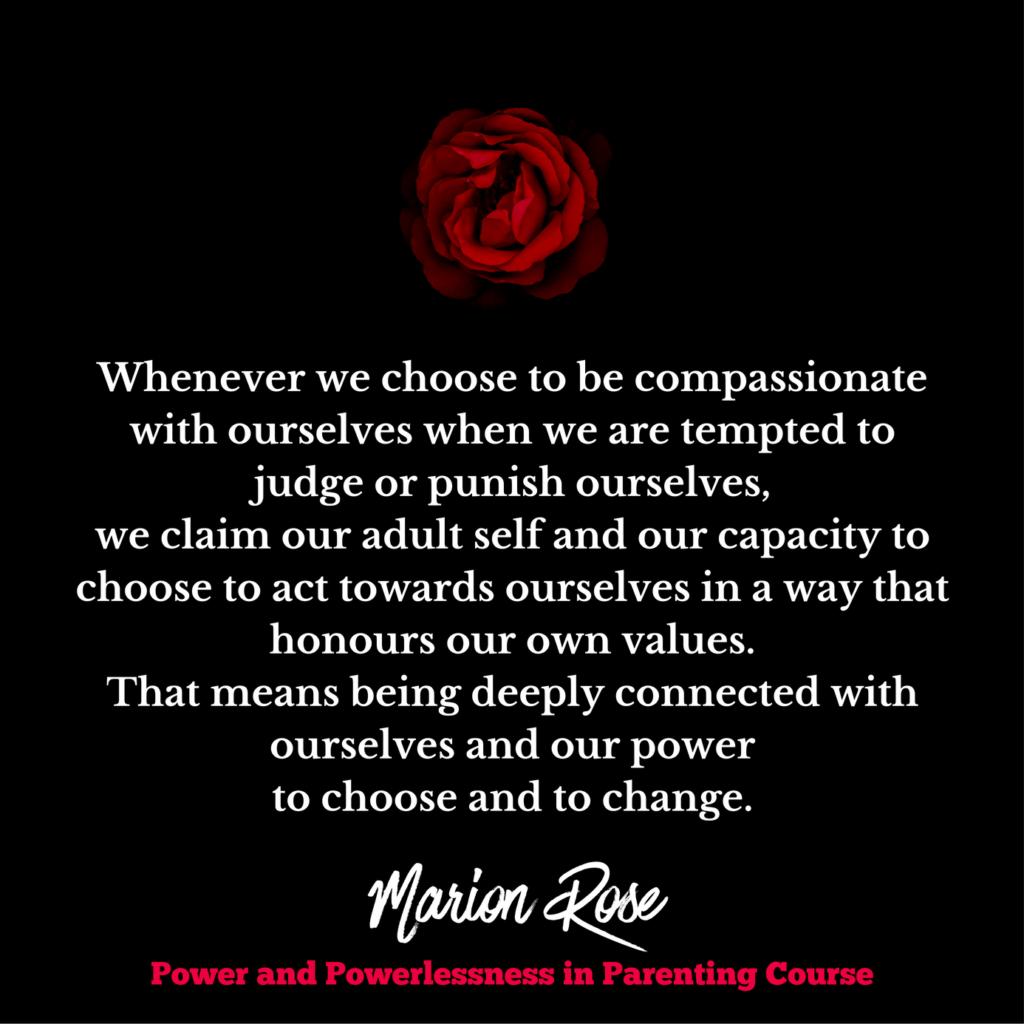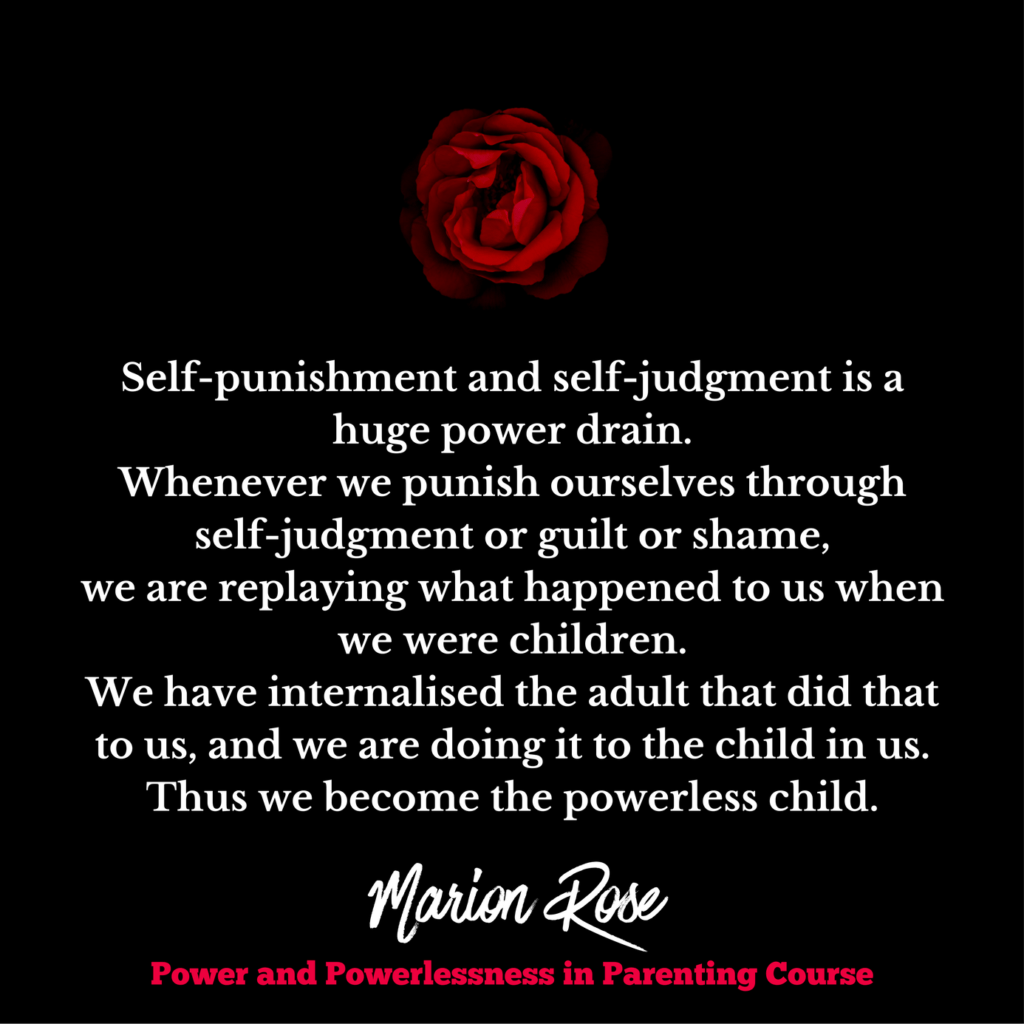Hello!
Every day I’ve spent an hour writing my “Are you Willing?” book.
And I love that yet again, as I find every time that I say yes to the creative process, that more clarity and cohesion comes.
I’d love to share this with you.
It’s how willingness, listening to children’s feelings (Aware Parenting style) and using a language of choice (Nonviolent Communication style) all come together.
I’m seeing willingness as like a channel.
Like a life force channel.
It’s something we’re all born with.
And it gets silted up by painful feelings, particularly when as babies or children, we experience
where we asked for help and it wasn’t forthcoming,
or we were forced against our will to do things,
or we were prevented from doing things that were really important to us
AND THE FEELINGS THAT WE FELT AT THE TIME WEREN’T HEARD WITH LOVING COMPASSION.
Those feelings of hurt, helplessness, frustration and powerlessness accumulate and silt up the channel of willingness.
The other thing that happens is that when children repeatedly experience a lack of choice and respect for their willingness,
through experiences of power-over, punishment, shoulds, shaming, have-to’s and can’t
AND THE CORRESPONDING FEELINGS AREN’T HEARD WITH LOVING COMPASSION,
then those ways of thinking become internalised.
We learn to use power-over inside ourselves, with punishment, should, shaming, have-to, and can’t.
Before we go any further, I’d love to invite unconditional love for us all here.
As parents, we have grown up in what Marshall Rosenberg (who created Nonviolent Communication), calls the Domination Culture.
It’s a few thousand years of power-over principles in action.
Look around the world at the moment, if you watch the news, and most of the excruciating things that are happening on our planet are as a result of that domination paradigm. Cultures that promote power-over, which then creates power-over in families, which leaves children growing up with terrifying feelings of powerlessness that they override by then using power over others.
So, I also invite us all to send unconditional love to our parents and their parents, and how challenging it can be to free ourselves from this paradigm.
This shift takes time, and consciousness, and a whole heap of self-compassion.
So, back to the willingness channel.
As adults, if we want to do, be or have something, and our willingness channel is silted up with past unheard feelings, especially around helplessness, and also by internalised should’s, have-to’s, self-punishment, self-shaming and can’t, then it’s going to get in the way of our willingness.
Our willingness is our life force.
I’m sure you’ve experienced that amazing feeling of when you really care about something, and you’re really willing to have, do or be that, and there’s a sense of so much life energy, life force, flow, of being in tune with Life and with Life supporting you, giving you wings, giving you leads and synchronicities.
And I imagine you’ve also experienced longing to do something that is so dear to your heart, but feeling scared when you imagine taking action, and either not taking action, and feeling flat and depressed and lacking in life energy, or using force to make it happen, and then something comes along – technical issues, sickness, other pressing life events, and stops what you want from happening.
The way I see it, our interests, passions, preferences, wants, values, needs – these are divinely inspired.
In order for them to come into fruition in the world, we need to be willing to bring them into the world.
To take action, to move forwards, to receive, to be willing.
And if we’re not, that’s where The Willingness Practice and The Inner Loving Crew Practice and The Inner Loving Presence Process all come in – to help us free up the silt of pain and protection and shoulds and can’ts, with unconditional love and support.
All this is so relevant to our parenting.
Because exactly these things happen with our children too.
And so there are three main things that we can do to help our child/ren’s willingness channel be free enough of silting so that they can follow their soul’s calling, their passions, their interests, their unique gifts, their values and their needs.
ONE
The first is wherever possible to respond to their needs, give them choice, respect their willingness, and avoid using power-over them.
That might mean going to a baby as soon as she calls out, giving your toddler a choice between which toothbrush she uses, using attachment play when your child doesn’t want their hair brushed.
TWO
The second is, when they have had experiences of pain from unmet needs, sadness, frustration, powerlessness, helplessness or fear, to help them freely express those feelings, and to listen to them with loving compassion, so that those feelings can leave their bodies.
(Babies and children who have experienced very early feelings of powerlessness, for example in their birthing if their own timing was overridden, or they experienced any medical procedures, or they were left alone to cry will have many more of these kinds of feelings to express to us.)
In my experience, Aware Parenting (and Parenting by Connection) are the parenting approaches which are most able to offer this to babies and children.
THREE
The third is to talk to them using a language of choice. To avoid demands and threats, shoulds and have-to’s, punishments and rewards, shame and judgment. Instead, wherever possible, to make requests, to invite cooperation, to connect, to find ways for everyone’s needs to get met.
I have found Nonviolent Communication to be the most clearest expression of a language of choice.
And I love the combination of these two approaches.
For example, our child might have experienced a forceps birth, or a medical procedure after birth, or we might have used our greater power over them as a toddler to get into the car or come with us.
We might not always find a way to meet everyone’s needs. We might at time go into our own powerlessness sweet spots and speak with a harsh tone or give even a subtle threat to make them do something that they want.
AND we can help them release the feelings of powerlessness, helplessness, frustration, fear or sadness that might come up as a result.
We can do that using the release practices so eloquently described in Aware Parenting.
We can listen lovingly to their tears
We can give our unconditional presence to their rages and tantrums.
We can use power-reversal games and other forms of attachment play and love their laughter.
Laughter releases feelings such as fear, frustration and powerlessness.
Rages and tantrums release feelings like powerlessness, rage and frustration.
Crying with loving support releases feelings of grief, sadness and overwhelm.
The more we are able to use a language of respectful choice with our children,
And the more we are able to listen to their choices, meet their needs, and respect their willingness,
And the more we are able to lovingly listen to their tears, tantrums, rage and laughter,
the freer their willingness channel will be.
A child brought up with these practices and processes might tend to say that life “goes her way.”
She is likely to be able to move forward consistently in the direction of her dreams, to do what she loves, to make a difference in the world sharing her own unique gifts.
That’s because Life responds to our willingness.
When we have a relatively free willingness channel, we are free to move forwards, and Life responds to that energetic flow.
Life doesn’t respond so much to what we want or what we’re trying to force.
Life cooperates joyfully with our willingness.
I only know a little about Taoism, but to me this resonates with what Taoists call Wu Wei.
I looked it up, and the definition in Wikipedia is this:
“(literally “non-doing”) …… means natural action, or in other words, action that does not involve struggle or excessive effort. Wu wei is the cultivation of a mental state in which our actions are quite effortlessly in alignment with the flow of life.”
I believe that helping our children’s willingness channels to be relatively free flowing is one of the greatest gifts we can give them.
It keeps them connected with themselves, it helps their relationships with others (including us), and it helps them do what they’re here to do.
Yet, responding to our children in these compassionate, choice-filled, respectful, listening ways, can be very hard at times, given that we may not have experienced this way of parenting ourselves.
And that’s why our own inner work is so important.
The more we’re able to change our inner dialogue from one of inner force to one of inner choice and compassion,
the more we’re able to hear and hear our own powerlessness sweet spots,
the more we’re able to connect with our own willingness and our own true power,
the easier it is to help our children.
And I love how this is a perfect segue into my Power and Powerlessness in Parenting Course.
I made this course whilst I was deeply exploring my own relationship with power and powerlessness.
I’d connected to my own deep feelings of powerlessness after my marriage ended, and I had very little money, and needed to register my children as homeschooled in order to get financial support from the government, which meant providing a whole load of information to the Board of Studies to show that they were learning.
Huge feelings of powerlessness arose in me, and I flipped over into power-over many times – I remember breaking a couple of pencils, ripping up a couple of my son’s workbook, and expressing frustration in painful ways to my children – with a harsh and loud voice.
I look back now and have huge compassion for myself.
My marriage had ended, my dad had died, I had very little money and thus apparent choice, and so many old sweet spots from my early life also came up to be heard and healed.
And I saw the effects of powerlessness in my children.
My son, who had, up until that time been incredibly present, calm, gentle, and loving (I’d listened to a huge percentage of his feelings as a baby and small child), started head butting and hitting.
My daughter, who had also been incredibly loving, compassionate, present and calm, after repeatedly experiencing her brother’s hitting (because I was feeling so powerless, at the time, I wasn’t able to help him express as much of his feelings as he needed to and I often didn’t set loving limits too), started using subtle power-over in the way that she spoke to him.
It was one of the most painful times in my life.
And the most intense immersion and teaching in powerlessness and power-over.
I have absolute unconditional compassion and love for anyone who is going through, or has gone through, experiences like this.
Going through it helped me learn levels of compassion I hadn’t even known of before.
It helped me heal very old powerlessness sweet spots.
It helped me claim more of my true power.
It helped me understand how to help children heal from feelings of powerlessness.
And I put all that into my Power and Powerlessness in Parenting Course.
I know it can be scary sometimes to look at things like powerlessness and willingness and power-over.
But I think it’s incredibly important.
I believe that the world needs the next generation to be able to live their lives without using power-over others.
Looking around at world events, I think the world desperately needs as many children to be brought up in ways that mean that they won’t use power-over others AND that their willingness channel will be free enough for them to give their gifts and make a difference.
And that’s why I’m so passionate about all this stuff.
I want my children to be free to get their needs met without coercion or power-over.
I want them to never give up on what they need or want or are passionate about.
I want them to be free to go out into the world, shining their passions brightly.
I want that for your children too.
I want it for all the children of the world.
As parents, we have such power.
And how we use our power and our love as our children grow up has a profound impact on them and how they come to use their power and their love.
If you want to understand powerlessness and power-over.
If you want to claim your true power as a woman and mother.
If you want to heal old powerlessness sweet spots.
if you want ways to help yourself so that you’re less likely to use power-over your child.
And if you want to know how to help them stay connected with their power AND be free to be willing to cooperate,
and you want to receive unconditional love,
then you might be interested in my Power and Powerlessness in Parenting Course.
You can find out more HERE or by clicking on any of the memes below.
So Much Love,
Marion
xxx
